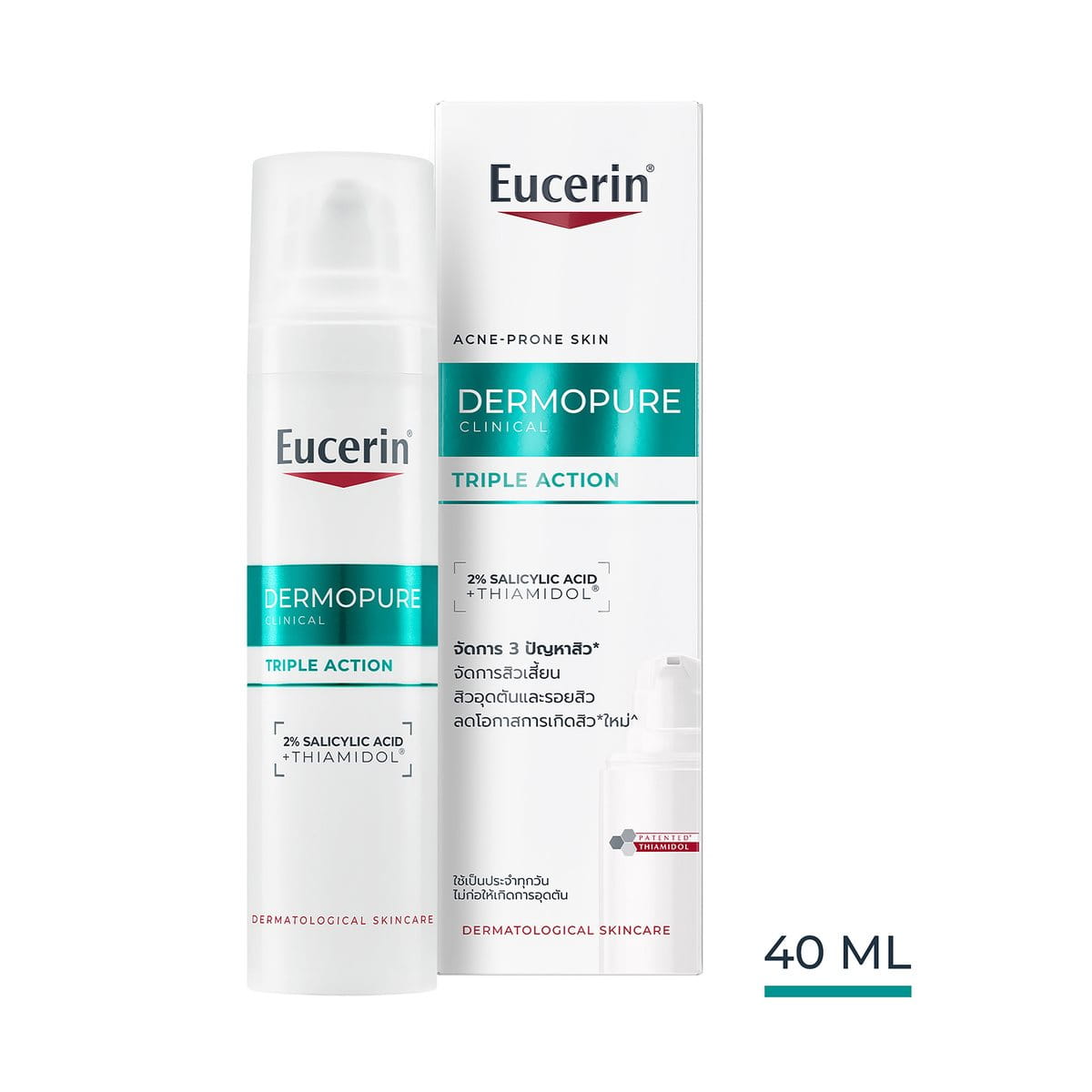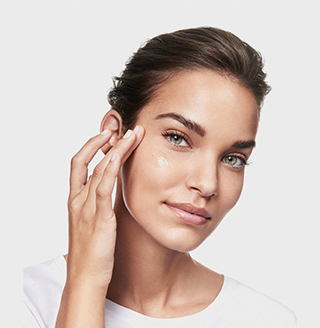Should I wear moisturiser if I have acne-prone skin?

People with oily and acne-prone skin are often hesitant about wearing moisturiser as it feels like adding a layer of skin care that could irritate the skin further, clog pores and cause additional breakouts.
Some moisturisers, in fact, contain oil, which can leave the skin feeling greasy, and fragrances that may lead to breakouts. It is often not easy finding one that doesn’t make the acne problem worse or make skin feel uncomfortable.
However, all dermatologists agree that moisturising is vital to keeping skin healthy. This article explains why hydration is an important part of an effective skincare routine for any skin type and, in particular, for managing acne, and guides you in finding the right moisturiser for your skin.




